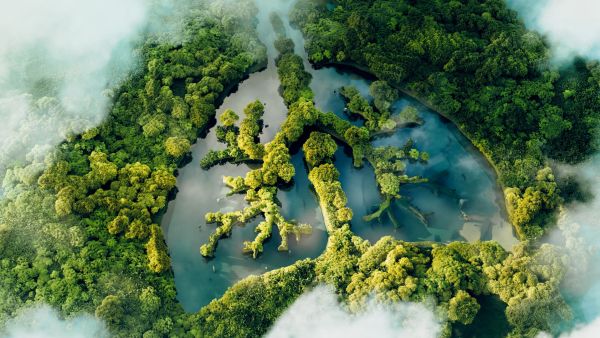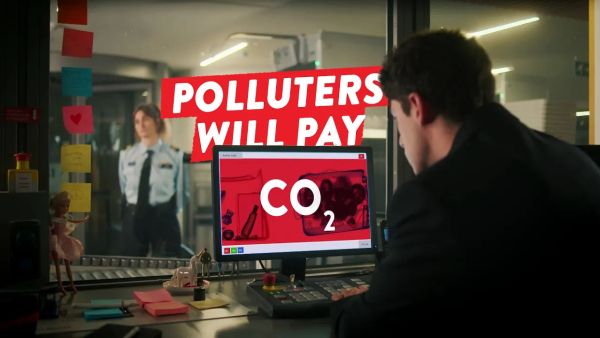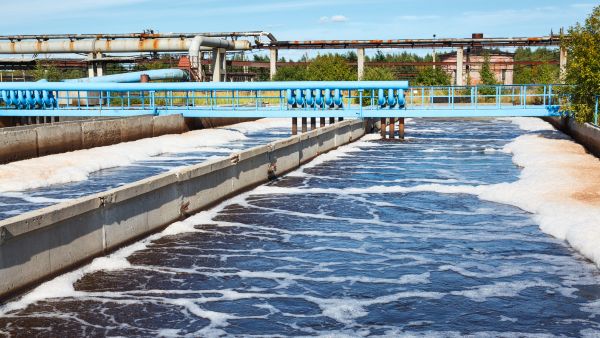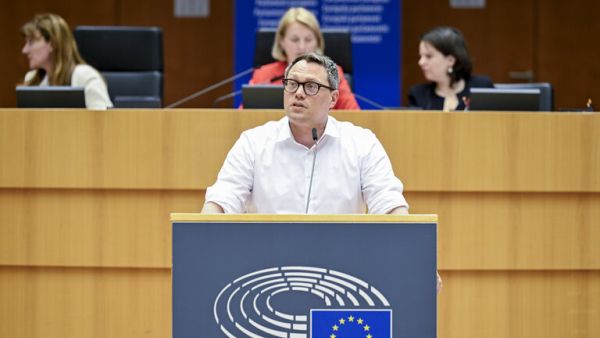In a historic victory, the Socialists and Democrats have successfully built a progressive majority, propelling the European Parliament's environment committee to endorse the Nature Restoration Law, following the recent agreement reached by the European Parliament and Council – the so-called trilogues.
Today's vote highlights the S&Ds’ ability to foster unity among members across various party affiliations. Hence, the lead negotiator for the S&D Group has successfully built bridges, enabling some conservative members to support one of the most crucial pieces of legislation within the scope of the nature-related Green Deal files (1).
The S&D Group has played a pivotal role not only in ensuring unity, but also in safeguarding the overall ambition of the law (2).
César Luena, S&D MEP and European Parliament's chief negotiator on the Nature Restoration Law, said:
"Today, we have secured more conservative votes than in previous occasions, though not as many as we anticipate in the upcoming plenary vote. This law has garnered support across pro-European political groups, including the European People’s Party, the same parties that pledged to uphold the Green Deal in 2019. Now, it is a matter of honouring the commitment made.
“Restoring nature is a pillar of the Green Deal, which the S&D Group put at the heart of the Commission’s programme at the beginning of this legislature and is now delivering on. We are committed to protecting the people, the planet, and supporting everyone in the transition.”
"We encourage all Members of the European Parliament to consider the lasting impact they will leave for future generations and to support the passage of this law in the upcoming plenary."
To become final, the law will need to be approved in the European Parliament’s plenary.
Notes to editors:
(1) Restoring nature in the EU, where over 81% of land and sea face poor conditions, offers multiple benefits for society, including farmers. It captures more CO2, assisting the EU in mitigating climate change, which is the biggest threat for farmers’ economic activities. Improved nature also helps rural areas and agricultural land cope with extreme weather events, safeguarding against wind, droughts, and floods. Simultaneously, it is key to reversing biodiversity loss – a commitment the EU took in COP15 in Montreal – and preserving pollinators to the benefit of food security in the long run.
(2) The Nature Restoration Law maintains its original objectives, encompassing restoration measures on agriculture ecosystems, peatlands, urban ecosystems, forests, rivers, and marine areas. While introducing flexibilities to ease implementation, the S&D Group secured the overarching goal of implementing restoration measures covering at least 20% of the EU's land and sea areas by 2030. Provisions for forest restoration were strengthened, granting legal status to the commitment to plant 3 billion trees by 2030 in the European Union. In marine areas, new obligations were introduced, requiring member states to consult and submit joint recommendations when there are direct management interests by another member state. Furthermore, the S&D Group successfully emphasised the restoration of not only of pollinator populations but also of their diversity, reinforcing the law's comprehensive approach to nature conservation.











